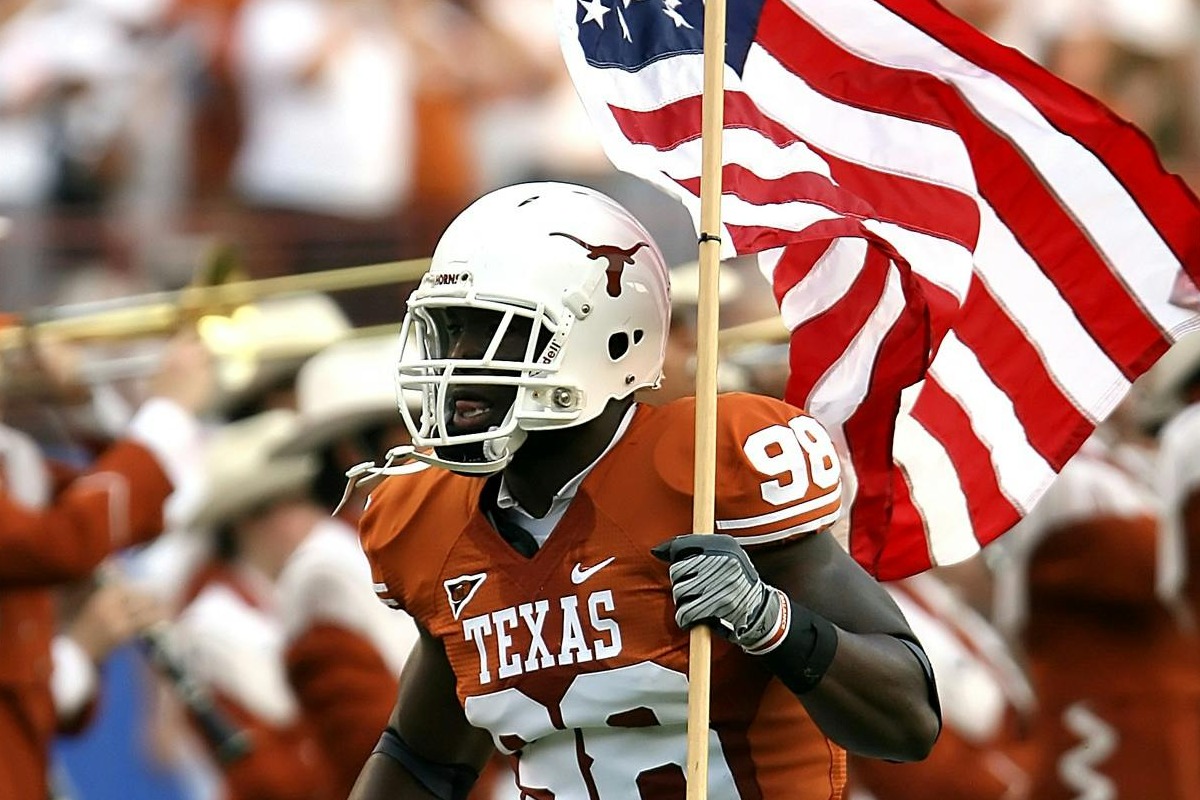Gambling
Three US gambling bills will die by end of year but three wagering bills prefiled for ’25

After a year in which no US jurisdiction expanded legal digital sports betting or igaming through the state legislature, lawmakers in Michigan and Ohio tried last-ditch efforts at changes or expansions. And lawmakers in South Carolina and Texas pre-filed betting bills ahead of the 2025 sessions.
When the clock strikes midnight on 31 December, gambling bills in Michigan and Ohio will die. And there is no clear indication that lawmakers in either state will try again in 2025.
On the flipside, lawmakers in South Carolina and Texas pre-filed legal sports betting bills. Those bills are expected to be entertained during the 2025 sessions, though they lack the backing or momentum usually associated with gambling bills that succeed.
In South Carolina, the legislature has dabbled in sports betting, but since the Professional and Amateur Sports Protection Act (PASPA) was overturned in 2018, there’s been no consensus or clear pathway. This time around, the legislature will have a constitutional amendment to legalise in-person betting and a bill that would legalise digital wagering to consider.
In Texas, a comprehensive gambling bill that would allow for legal sports betting and seven destination-resort casinos has been filed. The pathway to passage likely has multiple roadblocks, despite Miriam Adelson spending more than $13 million (£10.9 million/€12.5 million) to lobby for a gambling expansion.
Below is a look at all of the bills still pending or pre-filed.
Michigan
Michigan senators Sam Singh and Jeremy Moss earlier this month introduced bills proposing tax increases on betting and igaming revenue. The biggest increase is on the igaming tax, which would rise 1%.
Senate Bill 1193 seeks to raise the tax rate on wagering operators’ adjusted gross receipts (AGR) from 8.4% to 8.5%. It only applies to non-tribal betting as the state cannot tax on-reservation gaming. The goal of the bill is to increase the amount of tax revenue earmarked for cities from 30%-31%.
Senate Bill 1194 proposes a 1% increase on igaming. That is currently taxed on a tiered scale (i.e. operators with gross gaming revenue (GGR) between under $4 million pay a 20% tax, but those with GGR over $12 million pay a 28% tax). In each tier, the rate would go up 1%.
The bills will not carry over to the 2025 session.
Ohio
Ohio state senator Niraj Antani in September filed SB 312, which would legalise online gambling. The bill would allow each of the state’s 11 casinos to have one digital “skin,” or platform. The bill, however, was not pre-filed for 2025. It was filed as part of the 2024 session, and Antani has term-limited out.
In November, Antani filed a proposal to reduce the sports betting tax. Governor Mike DeWine in mid-2023 spearheaded legislation that raised the wagering tax rate from 10% to 20%. Antani’s bill sought to restore the 10% rate.
The bills were assigned to the Senate finance committee, but neither not get a hearing. Antani was the author of Ohio’s sports betting law. But who will pick up the gambling mantle in the 2025 session is unclear.
South Carolina
There has been little activity in South Carolina around sports betting since PASPA was overturned in 2018. But two proposals have been filed ahead of the 14 January legislative start date.
HJR 3353 is a constitutional amendment that would ultimately send the decision to the voters. The proposal would allow for in-person parimutuel betting, legal sports betting and casino games, including ball-and-dice and slot machines. Proceeds from a gambling expansion would be directed to “highway, road and bridge maintenance, construction and repair.”
A second proposal, HB 3625, would allow for legal sports betting only and caps the number of platforms at eight. This bill would make digital wagering legal. It also calls for a 12.5% tax on gross gaming revenue and the creation of a sports betting regulator. Operators will be required to pay a $100,000 application fee and a $1 million licencing fee.
The bill requires that 5% of tax revenue be directed to problem and responsible gambling initiatives.
Under the application section is a requirement that applicants be live and in good standing in at least five other US jurisdictions. If the stipulation means that operators must be live with sports betting in at least five other states, companies like Betr and Underdog would be unable to apply for licences. The proposal also requires that any applicant have at least one “resident representative.”
Texas
During the 2023 session, Texas lawmakers passed an expanded gambling bill through the house, but it did not gain traction in the senate. That’s unlikely to change for the new session. Lt. Governor Dan Patrick has clearly said that he will not entertain any legislation that isn’t backed by a Republican majority. To date, the Democrats have been carrying gambling bills.
Any decision on an expansion of gaming would have to go to the voters via constitutional amendment in November 2025.
That said, Democratic senator Carol Alvarado in November filed SJR 16. The constitutional amendment would allow for gambling at destination resorts, allow for legal sports betting and create a state gaming commission. The proposal calls for seven destination casino-resorts and would set a 15% tax rate on casino gross gaming revenue. Some existing parimutuel facilities would appear to get priority consideration in the bill because they could “more quickly realise the related job growth and economic development” bill authors seek.
The bill calls for two casino destination resorts in the Dallas-Fort Worth and Houston areas and one in the Corpus Christie, McAllen and San Antonio metropolitan areas.
How legal sports betting would work is less clear. The proposal does not name a tax rate nor does it specify if digital sports betting would be allowed. Alvarado defines sports betting as “placing a wager on the outcome of a live sporting event, as defined by general law.” Further, there are provisions for regulations to be promulgated, but no clarity on whether the intent is for in-person or digital betting.









